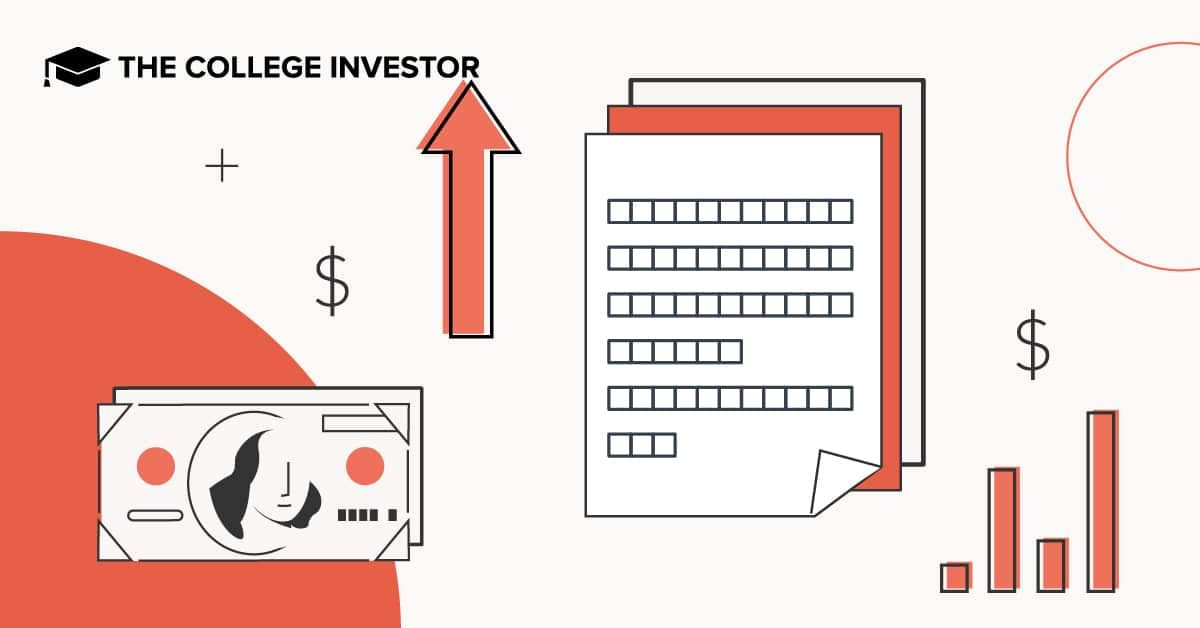Key Points
* Significant Delays in FAFSA Processing: The FAFSA for the 2024-25 academic year launched later than usual, causing a multi-month delay in the distribution of Student Aid Reports (SAR) to colleges, potentially impacting the timely creation of financial aid packages for incoming students.
* Inflation Adjustments to Increase Aid: The Department of Education has recalculated the Student Aid Index (SAI) to account for inflation, aiming to enhance federal student aid by $1.8 billion and better reflect current economic conditions for applicants.
* Colleges Left Scrambling: With colleges and universities not receiving the FAFSA results until mid-March, it leaves little time for financial aid officers to craft award letters for incoming students – leaving students blind to what they may pay for college.
The Department of Education announced that there will be further delays in FAFSA processing this year, specifically due to the fact that the Department failed to update their tables for inflation, as we previously reported here.
The Department of Education’s efforts to simplify the Free Application for Federal Student Aid (FAFSA) for the 2024-25 academic year have encountered significant setbacks, contributing to the application’s opening date being postponed until late-December 2023.
This delay is compounded by the Department’s oversight in adjusting the Student Aid Index (SAI) for inflation, a critical step mandated by law to ensure aid calculations reflect current economic conditions. The Department is now tasked with rectifying these issues, causing further complications in the financial aid timeline.
The end result is that college financial aid offices won’t receive the FAFSA information (known as a Student Aid Report) until mid-March.
Consequences for College Financial Aid Offices
The fallout from these FAFSA Simplification efforts has placed college financial aid offices in a challenging position, as they now face a compressed timeline to evaluate Student Aid Reports (SAR) and formulate financial aid packages.
With SARs not expected to be distributed until mid-March, colleges are grappling with a multi-month delay compared to the traditional FAFSA processing schedule. This bottleneck significantly hampers the ability of financial aid offices to provide timely and accurate aid packages to prospective students, potentially affecting students’ enrollment decisions.
Students with early action and early decision have already had to make college admissions choices, while regular college admissions offers typically go out in January and February. These offers typically include financial aid awards – which are compiled based on FAFSA information.
However, without this information, colleges cannot create their financial aid awards – so students are potentially making admissions decisions without knowing what their actual costs will be.
Inflation Adjustments and Financial Aid Eligibility
In response to the delayed FAFSA release and the initial failure to adjust the SAI for inflation, the Department of Education has undertaken corrective measures to update the financial aid calculations.
This adjustment aims to infuse an additional $1.8 billion into federal student aid, a necessary move to align the aid with the current cost of living and ensure that students receive the support they are legally entitled to.
These recalibrations are pivotal in maintaining the integrity and responsiveness of the financial aid system amidst the unfolding complications.
Looking Ahead: Congressional Scrutiny and System Improvements
As the higher education community navigates these challenges, there is growing scrutiny over the Department of Education’s handling of this year’s FAFSA simplification and implementation process.
Congress is considering an investigation into the myriad problems that have plagued this year’s FAFSA, seeking to understand the root causes and ensure accountability. The potential inquiry underscores the seriousness of the situation and the need for transparent, effective solutions to restore confidence in the financial aid process.
As efforts continue to rectify the current issues and improve the FAFSA experience, the education community remains hopeful for a more streamlined, equitable, and efficient financial aid process in the future.
Don’t Miss These Other Stories:
Average Student Loan Debt By State In 2024
Average Student Loan Debt By State In 2024
Student Loan Servicer Errors Leave Borrowers Scrambling
Student Loan Servicer Errors Leave Borrowers Scrambling
What Is The SAVE Repayment Plan?
What Is The SAVE Repayment Plan?
Editor: Ashley Barnett
Reviewed by: Colin Graves
The post FAFSA Delays Raise Concerns For College Admissions and Financial Aid Planning appeared first on The College Investor. | BidBuddy.com


 Facebook
Facebook
 X
X
 Pinterest
Pinterest
 Copy Link
Copy Link
